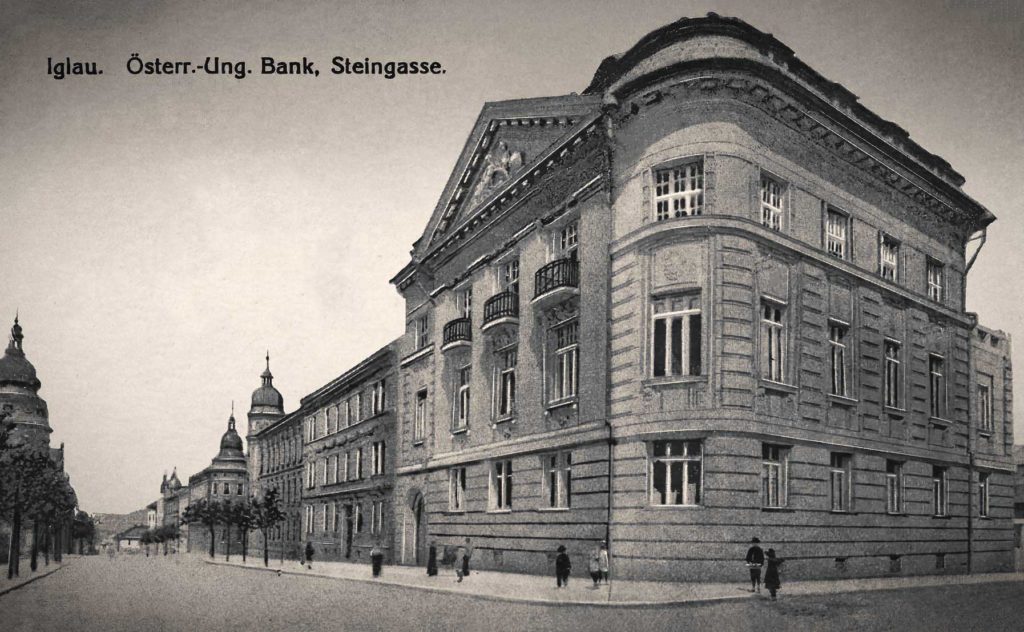How Economic Dependencies Shaped Bulgaria’s International Strategy
From its liberation in 1878 to its involvement in World War II, Bulgaria’s foreign policy was significantly influenced by its economic situation. The country’s need for modernization, military expansion, and economic stability led it to accumulate debt, often from major European powers, shaping its alliances and geopolitical decisions. Financial dependence forced Bulgaria into strategic alignments that determined its participation in key historical events, from the Balkan Wars to World War II.
Understanding the relationship between Bulgaria’s national debt and its foreign policy decisions provides insight into the broader economic forces at play in the region during this turbulent period. By examining Bulgaria’s financial obligations and their impact, we can better understand how economic factors dictated diplomatic alignments and military engagements.
Post-Liberation Debt and Foreign Policy (1878-1912)
Initial Loans and Economic Dependencies
After Bulgaria gained autonomy from the Ottoman Empire in 1878, it faced the enormous task of building a modern state. Infrastructure development, military expansion, and public services required significant financial resources, which the young state lacked. Consequently, Bulgaria turned to international creditors, primarily Austro-Hungarian and German banks, for capital.
The first major foreign loans, amounting to approximately 30 million leva, were issued in 1888 and 1889. These loans were intended to fund railway construction and state development but came with conditions that tied Bulgaria economically and politically to its lenders. Austria-Hungary and Germany, eager to expand their influence in the Balkans, saw these loans as a means to establish economic control over Bulgaria, steering it away from Russian influence.
Influence on Bulgaria’s Alliances
Bulgaria’s early economic ties to Austro-Hungarian and German financial institutions soon translated into political alignment. Despite its cultural and historical ties to Russia, Bulgaria increasingly leaned towards Western European economic powers due to financial obligations. This alignment was further solidified when Bulgarian leaders sought additional funding for military modernization, a necessity given the increasing tensions in the Balkans.
Bulgaria’s reliance on foreign capital also limited its diplomatic freedom. Financial dependence on Austria-Hungary and Germany pressured Bulgaria into supporting their geopolitical interests, even when they conflicted with national aspirations. This economic reality shaped Bulgaria’s approach to regional conflicts and eventual participation in the Balkan Wars.

Debt-Driven Diplomacy During the Balkan Wars (1912-1913)
Financial Strain and Wartime Borrowing
The Balkan Wars (1912-1913) were a turning point for Bulgaria, both militarily and financially. The country sought to expand its territory by leading the Balkan League against the Ottoman Empire, but the cost of warfare was immense. Military expenses quickly drained national reserves, forcing Bulgaria to seek additional loans from European creditors.
Bulgaria borrowed heavily from France and Britain to finance the war, accumulating further debt. However, these loans came with political conditions that complicated Bulgaria’s ability to negotiate favorable post-war settlements. The financial burden placed immense pressure on the Bulgarian economy, leading to inflation and fiscal instability.
Post-War Economic Challenges
Bulgaria faced severe economic difficulties following its defeat in the Second Balkan War in 1913. The reparations imposed by the Treaty of Bucharest and the loss of key territories exacerbated the financial crisis. Bulgaria’s inability to service its wartime debts limited its diplomatic leverage, forcing it into a precarious position on the eve of World War I.
Interwar Period: Debt Restructuring and Shifts in Foreign Policy (1919-1939)
Treaty of Neuilly and Economic Hardships
The Treaty of Neuilly, signed in 1919, placed heavy reparations on Bulgaria as punishment for its role in World War I. Bulgaria was required to pay 2.25 billion gold francs in reparations, significantly weakening the national economy. The financial burden resulted in widespread economic hardship, political instability, and a growing reliance on foreign assistance.
League of Nations Loans and Policy Constraints
Bulgaria secured loans from the League of Nations in the late 1920s to stabilize its economy, including the 1926 Refugee Loan and the 1928 Stabilization Loan. These loans provided essential economic relief but came with conditions restricting Bulgaria’s financial autonomy. The League of Nations closely monitored Bulgaria’s fiscal policies, limiting its ability to pursue independent economic and foreign policy decisions.
Shifting Alliances in the 1930s
As the global economic situation worsened during the Great Depression, Bulgaria increasingly turned to Germany for financial and trade support. By the mid-1930s, Germany had become Bulgaria’s primary economic partner, purchasing agricultural products and supplying industrial goods. This economic alignment gradually led to closer political ties, setting the stage for Bulgaria’s involvement in World War II.
Bulgaria’s Debt and Foreign Policy During World War II (1939-1945)
Economic Dependence on Nazi Germany
By the onset of World War II, Bulgaria’s financial and economic reliance on Germany had deepened. Nazi Germany provided Bulgaria with loans and monetary incentives in exchange for political and military cooperation. Bulgaria’s debt obligations further cemented its alignment with the Axis powers.
Consequences of Wartime Financial Strain
Despite initial economic benefits, Bulgaria’s involvement in the Axis bloc led to long-term financial difficulties. The war effort drained national resources, and by 1944, inflation and economic instability had reached critical levels. Germany’s weakening position also left Bulgaria economically vulnerable, forcing it to reassess its diplomatic stance.
Post-War Economic Challenges
As World War II concluded, Bulgaria faced severe economic repercussions. The country was under Soviet influence, and financial restructuring was necessary to recover from wartime devastation. Debt from the previous decades, coupled with the need for economic rebuilding, shaped Bulgaria’s post-war foreign policy and financial strategies.


